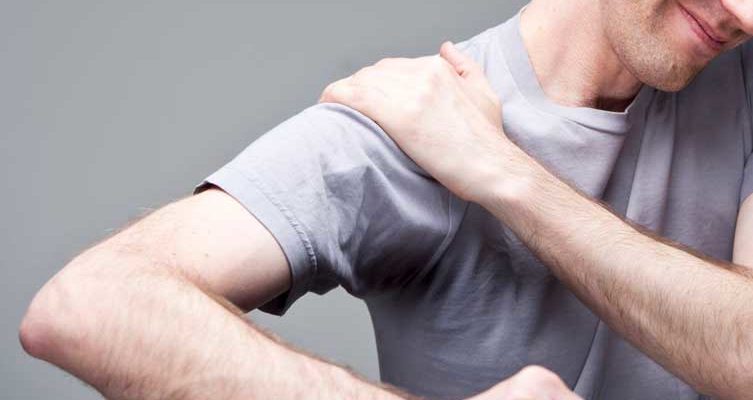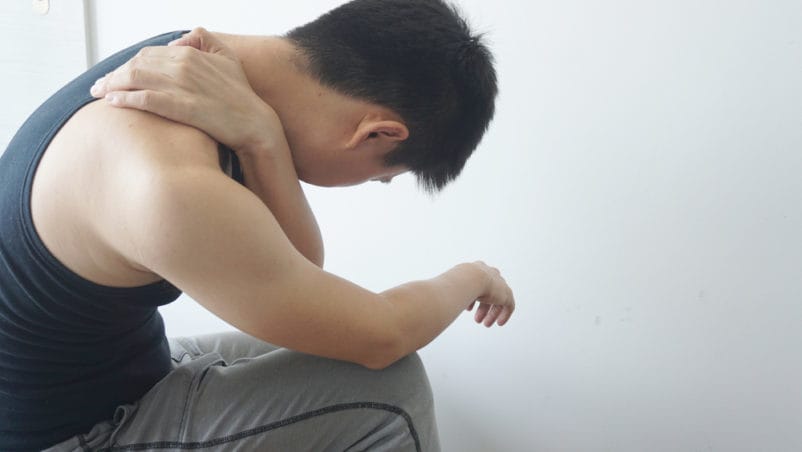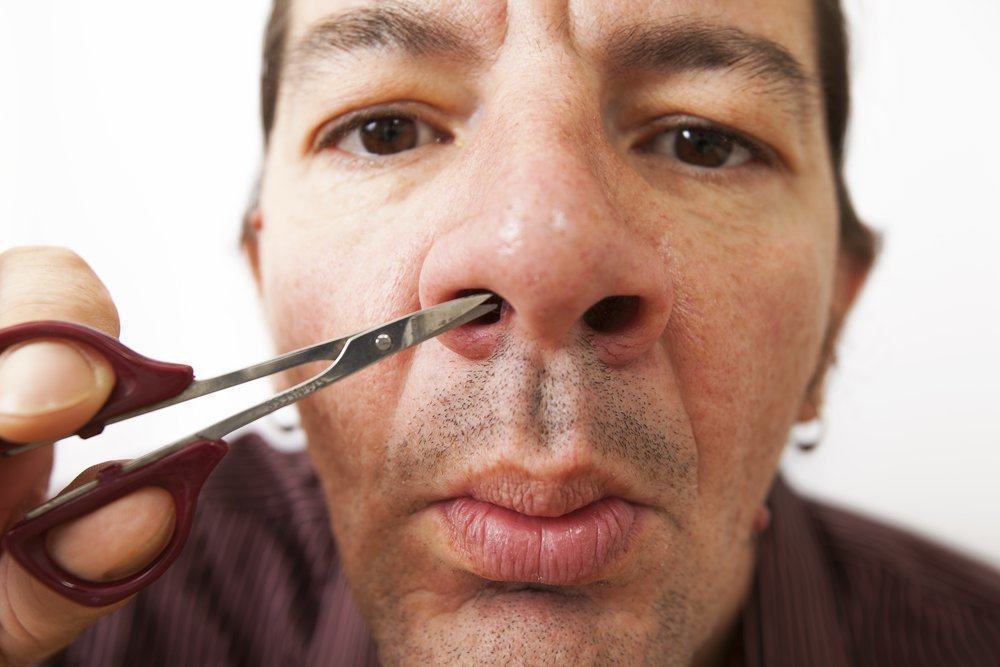Contents:
- Medical Video: Tingling, Numbness, Burning in Neck, Shoulder, Arm, and Hand - Finding the PInched Nerve
- Various causes of shoulders feel stiff or numb
- 1. Nerve clamping
- 2. Rotator cuff injury
- 3. Inflammation in bursae (bursitis)
- 4. Inflammation of the joints
- 5. Bone around the shoulder shifts and bone spurs
- 6. Other conditions
Medical Video: Tingling, Numbness, Burning in Neck, Shoulder, Arm, and Hand - Finding the PInched Nerve
When working, has the shoulder area felt stiff or numb suddenly? This condition can inhibit activity, whether it's to lift an object or move a hand. If you have experienced this condition, do not underestimate the symptoms and signs. Find out what causes stiff, painful, and / or numb shoulders to help you consider treating a doctor faster.
Various causes of shoulders feel stiff or numb
Shoulders that feel stiff, indicate a problem with the nerves around the shoulder. The disturbed nerve sends signals to the body and brain so you can feel different sensations, such as pain. When nerves around the shoulder have problems, the sensation that appears can spread to around the back, neck, collarbone area, arms, even to the fingertips.
In addition to numbness in the shoulder, other symptoms that may occur are bruising and swelling, the shoulder feels heavy and weak, pain and tingling, and feels warm or cold when touched. Without treatment, the symptoms will increasingly vary, get worse, and cause nerve or joint damage.
The following are possible causes of shoulder stiffness, weight, or numbness, including:
1. Nerve clamping
Nervous nerves can cause pain, weakness, tingling, or numbness in the area of the body. If your shoulders experience this sensation, chances are the problematic nerves are around the spine. This condition is also called servics radiculopathy.
This condition occurs because the nerve gets too stressed so it cannot function normally. Some things that cause great pressure on nerves include:
- Muscles, tendons, or bones that pierce nerves
- There is swelling or inflammation around the nerves
- The nerves overuse the surrounding tissue so that it becomes worn out
Nerves pinched around the spine can be caused by back injuries, poor posture, which often bends, and also performs the same activity excessively on the back.
2. Rotator cuff injury
Rotator cuff is a ring of tendons around the shoulder joint. This ring works like a rubber band to hold the upper arm bone in the shoulder socket.
Too often doing repetitive movements while working or exercising and lifting weights above the head can suppress and cause a rhythm cuff injury. On the other hand, being inactive using the rotator cuff can also suppress nerves around the rotator cuff.
3. Inflammation in bursae (bursitis)
Bursae is a small fluid-filled sac near the joint to protect bones, tendons, and muscles. Bursae can irritate and cause swelling. This condition is also called bursitis.
People with rotator cuff injuries have a high risk of this disease. The cause of inflammation of the bursae is usually caused by injury or repeated movements around the shoulder too often. In addition to the shoulder, bursitis can also occur around the knee, heel, base of the big toe, elbow and hip.
4. Inflammation of the joints
Inflammation can occur anywhere in your body, especially around the joints. When inflammation occurs in the shoulder joint can be caused by rheumatoid arthritis (rheumatism). While inflammation that occurs in the cartilage (cartilage) is called osteoarthritis.
Both of these conditions can be caused by immune system errors, infections, and bone aging. Without proper care, not only joints, nerves around inflamed joints can also be damaged.
5. Bone around the shoulder shifts and bone spurs

Bone shift (dislocation) can damage muscles, tendons, and nerves causing a sensation of tingling, pain, or numbness. If you experience this sensation around the shoulder, there is a possibility that the shoulder blades, upper arm bones, or collarbone are shifting.
This condition generally occurs due to injury. If you have experienced this condition and have been treated, the risk of bone re-shifting later will increase. Besides bone shifting, thickening of the bones (spurs) after a joint injury can also cause shoulder discomfort. Stiffness and pain will appear and disappear, especially if the body is too active.
6. Other conditions
In addition to nerve, joint and bone problems, some chronic diseases and certain conditions can also cause the paw to feel stiff pain, or tingling, such as:
- Diabetes is already severe, causing nerve damage
- A heart attack that causes the arms to feel weak, accompanied by chest pain and shortness of breath
- Stroke that causes the sides of the body to become tingling and numb, including on one shoulder

















